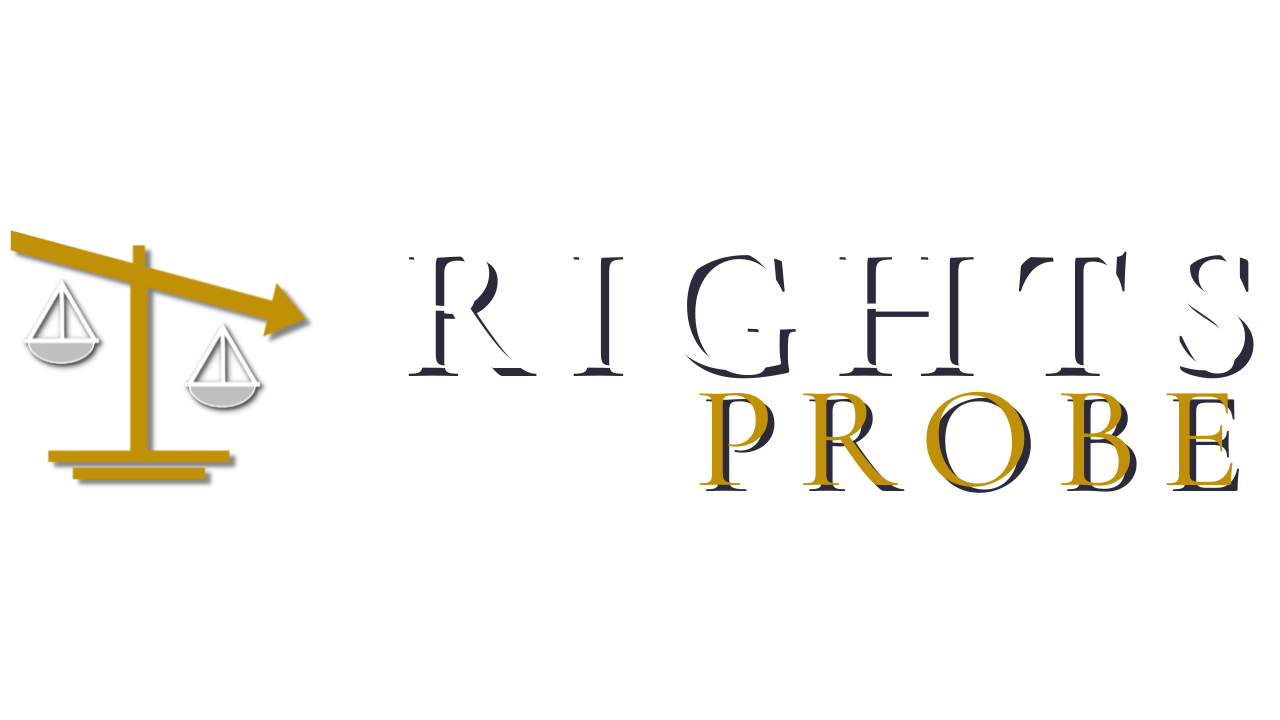Why the Charter doesn’t stop vax mandates
By Lee Harding for the Western Standard
Those with high hopes for constitutional challenges against vaccine mandates may be disappointed, according to Queen’s University Law professor Bruce Pardy.
In an interview with the Western Standard, Pardy said the Charter protects the people in some ways, but not as much as freedom advocates would like.
“The Charter only limits governments in the specific ways that the Charter describes. Sometimes people carry around this idea that in order for laws to be valid, they have to be justified as fair, or provide evidence that they make sense, or that they are generally in keeping with the idea of our Charter rights, and none of those things are true,” Pardy said.
“The legislature can do whatever it wants within its jurisdiction unless there’s a specific Charter right that you can cite that limits that ability. And so, in the case of some of these COVID rules, it’s difficult to point to a specific right that’s been infringed because of the way they’re worded and because of the nature of the restriction.”
If people think the government is discriminating, they’re right, Pardy says. But he said that doesn’t automatically mean governments can’t discriminate.
“People carry around the idea that discrimination is illegal, and that’s entirely untrue … the word means to shell apart and treat differently. And that’s what laws do — they draw lines,” Pardy said.
“The rule that we have in our criminal code that prohibits murder, and punishes those who commit it, discriminates between people who commit murder and those who don’t. Because if you commit murder, here’s what’s going to happen to you. And if you don’t, then nothing will happen to you. That’s discrimination in the broad English sense of the word.”
However, some discrimination is unconstitutional. Section 15 of the Charter prohibits discrimination on the basis of sex, race, or religion. But there are many other grounds upon which discrimination is fine, including vaccine status.
“Put your shirt and shoes on or you can’t go inside the store. If you don’t get a vaccination and show your QR code, you can’t go inside the store. The consequences happen to be comparable,” Pardy said, adding the same principle applies to boarding an airplane.
“As presented by the government, it is a voluntary choice. And it’s a choice that carries consequences.”
Courts extended Section 15 rights to other “analogous grounds,” such as sexual orientation in 1995. Although some of the unvaccinated said they feel a bit like a Jewish person in Nazi Germany with stores and jobs closed to them, Pardy says it’s unlikely a judge will extend similar Charter rights to the unvaccinated.
“I don’t think the chances are very good… [Governments will say] there is a justification in this case; the distinction that’s being drawn has a medical reason for it. Whereas if we’re distinguishing between religious groups, or racial groups or so on, there’s no reason for that,” Pardy said.
“Now, we don’t have to accept the government’s scientific explanation for that because there’s a whole lot of data that suggests that’s just not true. But nevertheless, as far as the legal argument is concerned, that’s one of the several distinctions that they would draw attention to.”
Pardy said the political left and right have switched places on interventionist courts during the pandemic. Here, left-wingers who usually want the courts to read in Charter protections for minority groups want no such leeway for the unvaccinated. Freedom advocates, meanwhile, hope courts will step up to block elected governments.
“To be fair to the courts, they have been giving given this document that’s not very precise. There’s a lot of holes to fill in,” Pardy said.
“If courts have on occasion gotten out of their lane, the response, I think, would be, ‘Well, OK, but the lane that they’ve been put in is pretty wide, because in many situations the Charter doesn’t really say what it means.’”
Lee Harding is a Western Standard contributor living in Saskatchewan.
Read the original version of this article at the publisher’s website
